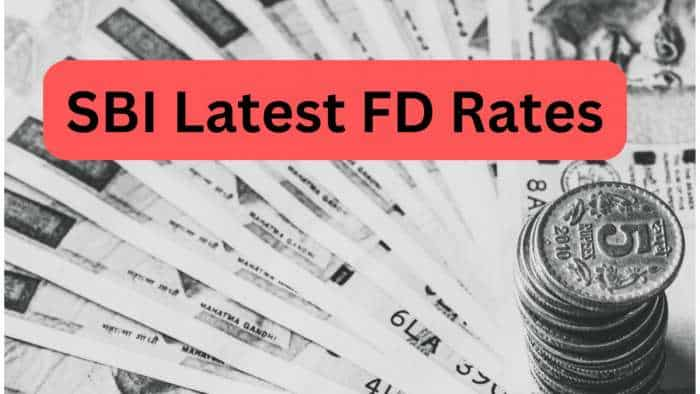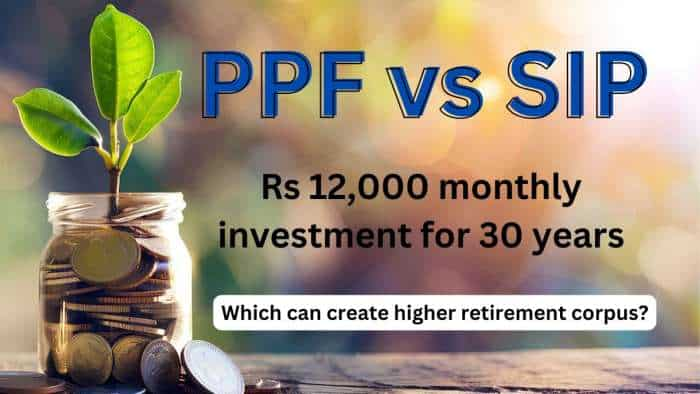SEBI introduces operating norms for Silver ETFs; top 12 things to know before making a move

The Securities and Exchange Board of India (SEBI) on Wednesday came out with operating norms for silver exchange traded fund or Silver ETFs. The market regulator has specified guidelines on investment objectives of silver ETFs, valuation, determination of net asset value (NAV), tracking error as well as tracking difference and disclosure requirements.
SEBI on 9 November amended rules to introduce silver exchange traded funds.
See Zee Business Live TV Streaming Below:
While Gold ETFs has been there, this instrument will give another option to investors to invest in bullion. If you are planning an investment, here is what you must know.
Currently, Indian mutual funds are allowed to launch ETFs tracking gold.
Top 12 facts of Silver ETFs to consider:
1) Sebi in its circular said that silver ETFs will have to invest at least 95 per cent of net asset in silver and silver-related instrument. The cumulative gross exposure of silver ETFs will not exceed 100 per cent of the net assets of the scheme.
2) Exchange Traded Commodity Derivatives or ETCDs having silver as the underlying will be considered as silver-related instrument for silver ETFs.
3) Investment in ETCDs having silver as the underlying by silver ETFs will be subject to certain conditions. The exposure to ETCDs having silver as the underlying will not exceed 10 per cent of net asset value of the scheme.
4) "Before investing in ETCDs having silver as the underlying, mutual funds shall put in place a written policy with regard to such investment with due approval from the board of AMC and trustees," SEBI said.
5) No limit will be applicable to silver ETFs where the intention is to take delivery of the physical silver and not to roll over its position to next contract cycle.
6) The policy will be reviewed by the board of asset management company (AMC) and trustees at least once a year.
7) Purity - Physical silver will be of standard 30 kg bars with fineness of 99.9 per cent purity conforming to London Bullion Market Association (LBMA) Good Delivery Standard.
8) The NAV of silver ETFs will be disclosed on daily basis on the website of the AMC. Further, the indicative NAVs will be disclosed on stock exchange platforms, where the units of these ETFs are listed, on continuous basis during the trading hours.
9) Units of silver ETFs will be listed on the recognized stock exchange and the AMC will appoint authorized participants (APs) or Market Makers (MMs) to provide liquidity for such units in secondary market on an ongoing basis.
10) Tracking error -- the annualised standard deviation of the difference in daily returns between physical silver and the NAV of silver ETF based on past one year rolling over data-- will not exceed 2 per cent.
11) In case of unavoidable circumstances, the tracking error exceeds 2 per cent, then approval of board of AMC and trustees should be taken and the same will be prominently be disclosed on the AMC's website.
12) Along with the disclosure of tracking error, silver ETF schemes will also disclose the tracking difference on the website of the AMC on monthly basis for tenures 1 year, 3 years, 5 years, 10 years and since the date of allotment of units.
Tracking difference is the difference of returns between physical silver and the silver ETF.
Inputs from PTI
Get Latest Business News, Stock Market Updates and Videos; Check your tax outgo through Income Tax Calculator and save money through our Personal Finance coverage. Check Business Breaking News Live on Zee Business Twitter and Facebook. Subscribe on YouTube.
RECOMMENDED STORIES

Power of Rs 15,000 SIP: How long it will take to achieve Rs 7 crore corpus? See calculations to know

SIP in Stocks For New Year 2025: Market guru Anil Singhvi recommends 1 largecap, 2 midcap scrips to buy in dips; note down targets

Largecap, Midcap Stocks To Buy: Analysts recommend buying L&T, Tata Motors, 3 other stocks for 2 weeks; check targets
03:15 PM IST










 Gold Prices Today: Gold gains after Friday's loss; prices near Rs 76,550/ 10 gm
Gold Prices Today: Gold gains after Friday's loss; prices near Rs 76,550/ 10 gm Gold prices today: 24-carat gold rises to Rs 77,740, silver climbs Rs 100
Gold prices today: 24-carat gold rises to Rs 77,740, silver climbs Rs 100 Gold Price Today: Gold nears Rs 76,600 per 10 grams, silver crosses Rs 89,500
Gold Price Today: Gold nears Rs 76,600 per 10 grams, silver crosses Rs 89,500 Gold prices steady ahead of US Fed meet; key factors to watch for 2025 outlook
Gold prices steady ahead of US Fed meet; key factors to watch for 2025 outlook Gold prices surge as US Inflation data sparks fed rate cut hopes
Gold prices surge as US Inflation data sparks fed rate cut hopes